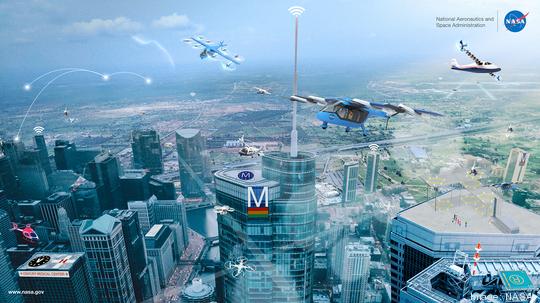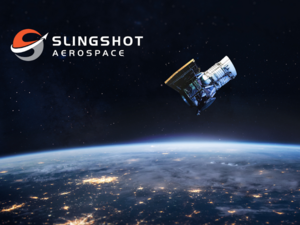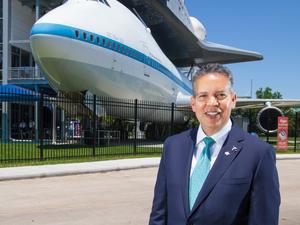
University of Texas at Austin researchers have been awarded a NASA grant worth about $3.7 million to explore the future of autonomous air cargo transportation.
The Covid-19 vaccine rollout — the largest global logistics effort since World War II – has laid bare the need for improving the global supply chain infrastructure, according to UT Austin’s Oden Institute for Computational Engineering announcement. An announcement from the institute pointed to autonomous aerial vehicles as part of the answer.
Oden Institute researchers and those in UT Austin’s Department of Aerospace Engineering and Engineering Mechanics “will lead a team that will develop methods that could be used to validate the cost and scalability of conceptual autonomous cargo operations,” according to the announcement.
The money comes from a NASA University Leadership Initiative grant, which allows universities “to take the lead in building their own teams and setting their own research agenda.” The UT award portion is part of an $8 million NASA grant.
Team members include people from Purdue University, the Massachusetts Institute of Technology, MIT Lincoln Labs, Morgan State University and Washington, D.C.-based sound engineering firm Cavan Solutions Inc.
The pandemic “has changed the way supply chains are being strained,” said John-Paul Clarke, a Cockrell School of Engineering professor and the project’s co-principal investigator. “Suddenly we must account for the risk associated with the driver of a truck on her way to a town or city where the virus is rampant. Autonomous aerial vehicles can provide us with greater flexibility to avoid putting workers at risk.”
UT Austin announced in 2018 that some of its researchers had begun working with San Francisco-headquartered Uber Technologies Inc. (NYSE: UBER) on propeller technology for its planned unmanned aerial vehicles.
There are other private-sector efforts in Central Texas to put autonomous aerial vehicles to work solving big problems. SparkCognition Inc., an Austin-based maker of artificial intelligence software, in 2018 partnered with Boeing Co. to create a new company, SkyGrid, dedicated to developing software for coordinating autonomous cargo and passenger aerial vehicles. SparkCognition founder and CEO Amir Husain is SkyGrid CEO.





